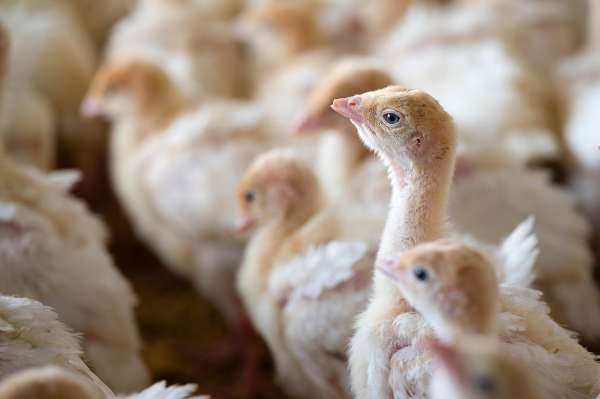
Recently confirmed instances of highly pathogenic avian influenza (HPAI) have prompted officials in six states and parts of Canada to implement biosecurity measures. This marks the first time some regions have taken such measures in two years.
In West Virginia, heightened surveillance efforts are underway following the USDA’s confirmation of an HPAI outbreak affecting 250 non-poultry birds in Kanawha County. These are the first cases reported in the state since 2006.
In North Carolina, a control area has been established after nearly 21,000 commercial turkeys tested positive for HPAI in Dupin County. This marks the state’s first outbreak since February 2022. Similarly, Nebraska faced its first outbreak since December, resulting in the culling of approximately 102,000 commercial broilers in Lenoir County.
Awaiting final results from the USDA, the Maryland Department of Agriculture is investigating a possible HPAI case in a backyard flock in Charles County. Meanwhile, a small non-poultry flock in Allen County, Ind., tested “presumptive-positive” for HPAI, leading to surveillance measures in neighboring counties.
In Canada, the Canadian Food Inspection Agency (CFIA) confirmed an HPAI outbreak in a commercial flock in Mountain View, Alberta. This marks the province’s first outbreak since December, although the exact number of affected birds was not disclosed.
These recent HPAI cases come after USDA chief Tom Vilsack’s announcement last week regarding the potential timeline for identifying an effective HPAI vaccine. Vilsack suggested it could take up to 18 months, following years of research by the agency’s Agricultural Research Service.


















